


There is a worldwide heightened awareness of social media influence tactics as concerns mount over AI manipulation of audio, video, and social media content.
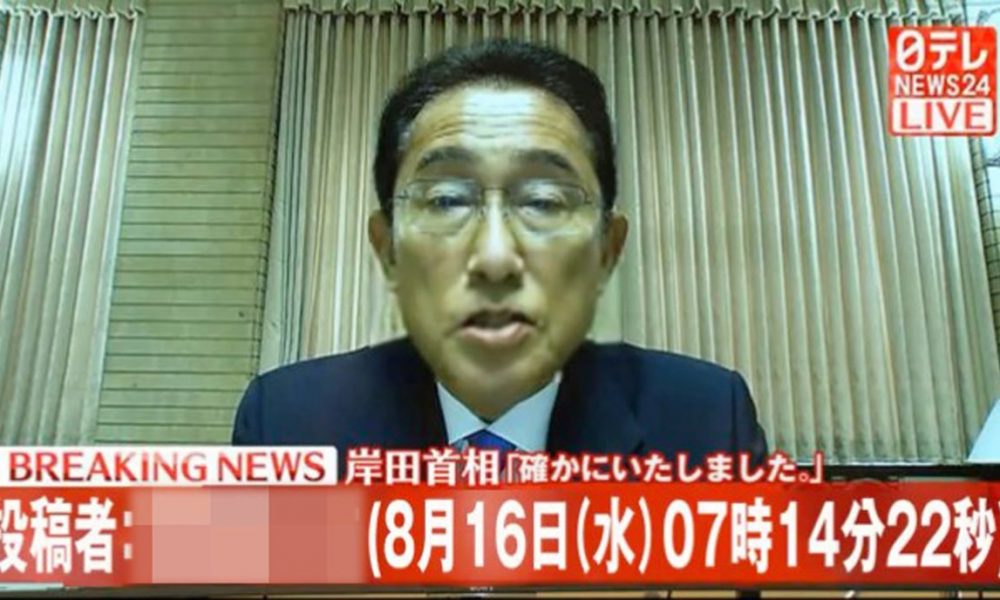
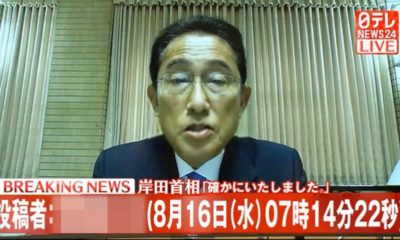

In the era of AI, truth is not free. To counter the proliferation of fake news, newspapers should pivot towards content authentication and quality assurance.
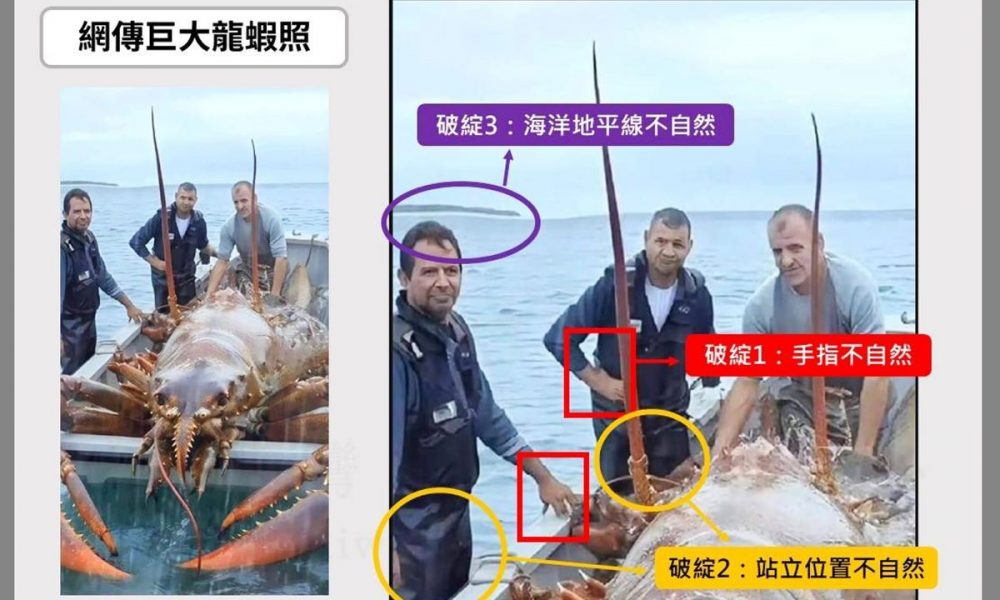
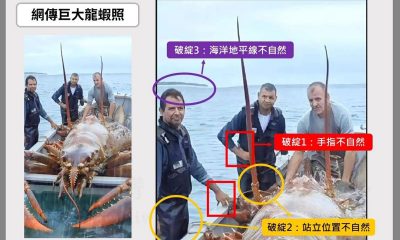

Disinformation is spreading on Chinese and Taiwanese social media about Fukushima's treated water release, including an AI-generated image of a mutant lobster.
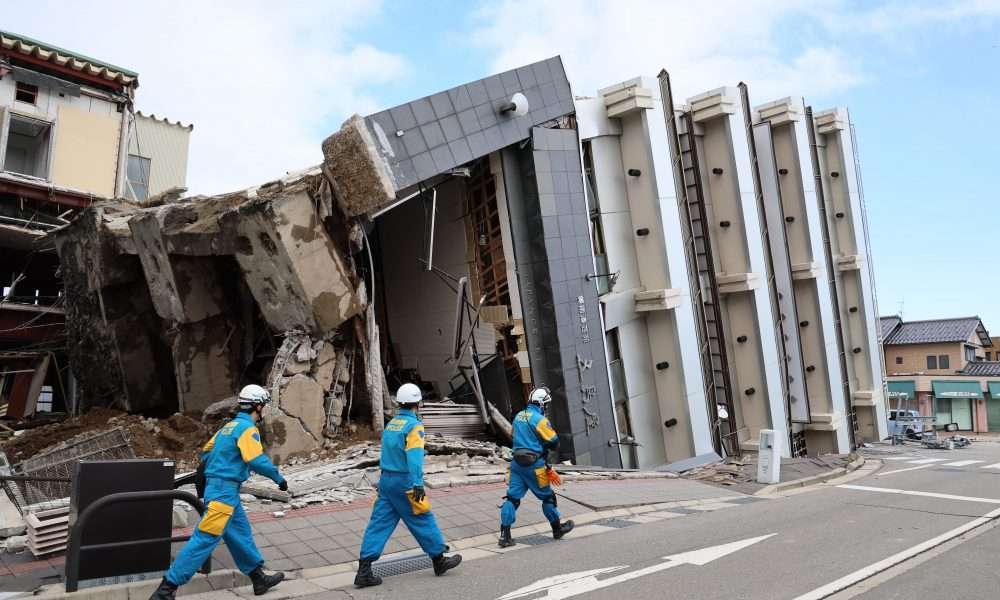
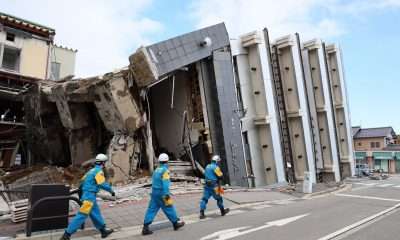

Operations to rescue victims are ongoing in the devastated areas. The dissemination of false information that toys with other people's lives is unforgivable.
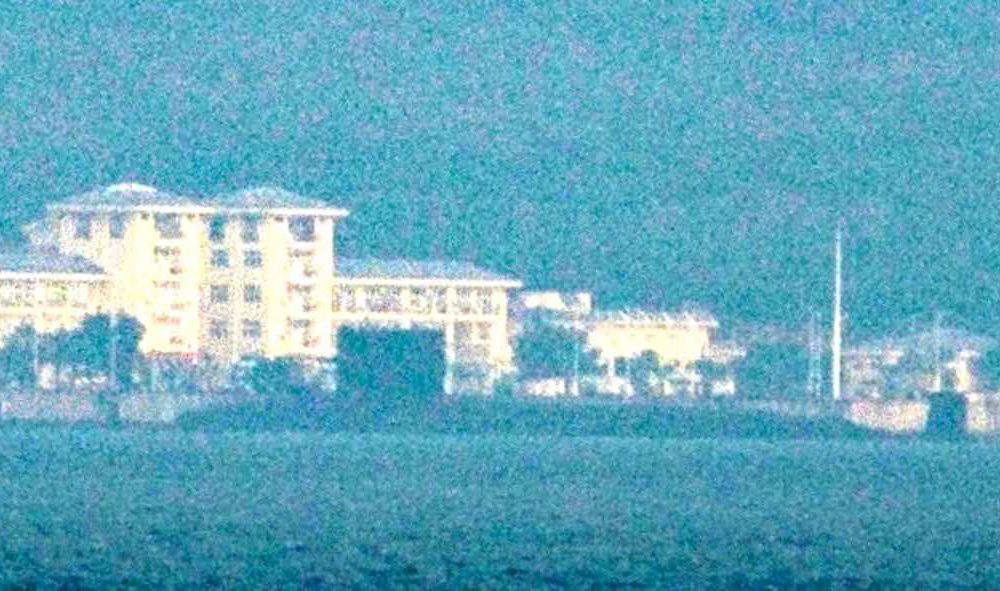
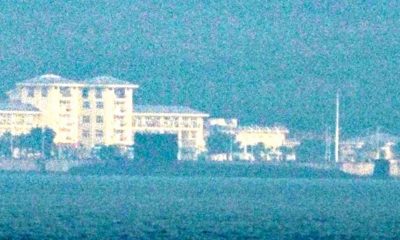

Fake news about a Chinese nuclear submarine accident in the Taiwan Strait was reportedly traced back to a controversial Chinese residing in the US.
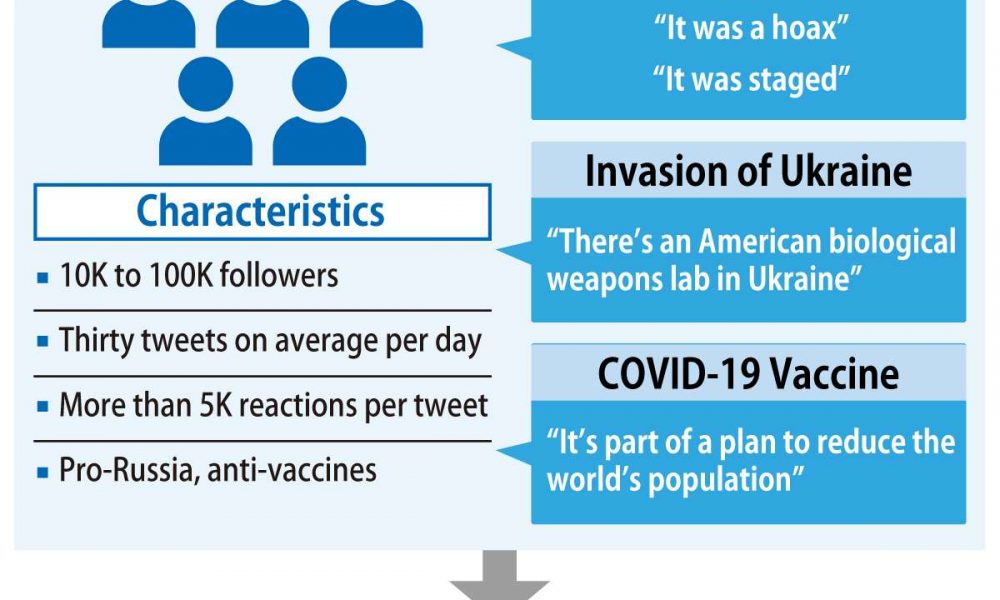


The same social media accounts spread rumors about the Abe assassination, pro-Russian theories on the Ukraine invasion, and COVID-19 conspiracies.
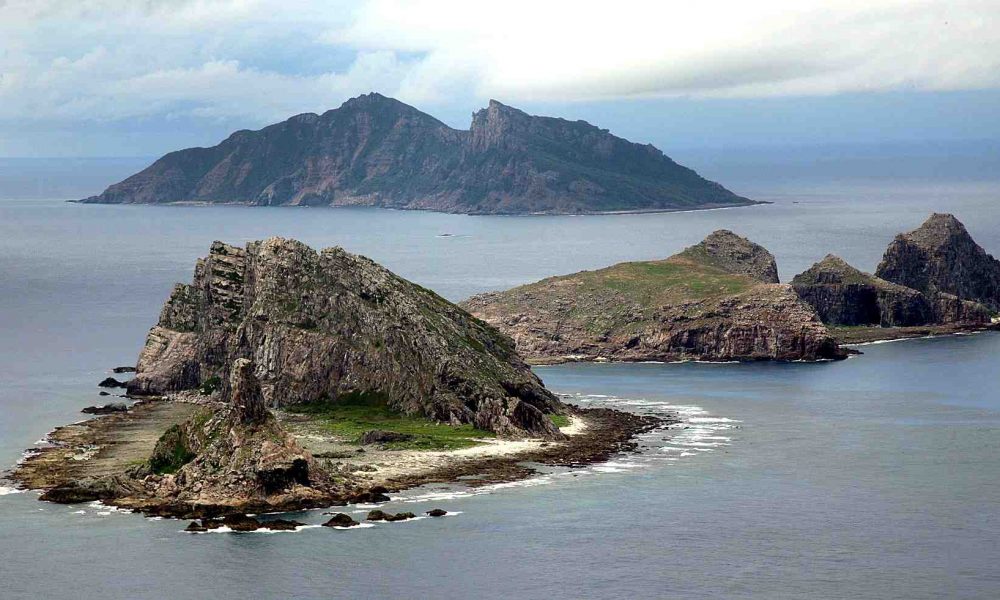
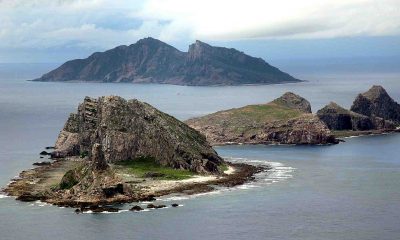

As far as Japan is concerned, there is no territorial dispute over the Senkakus. Any claims to the islands by other countries can only be described...
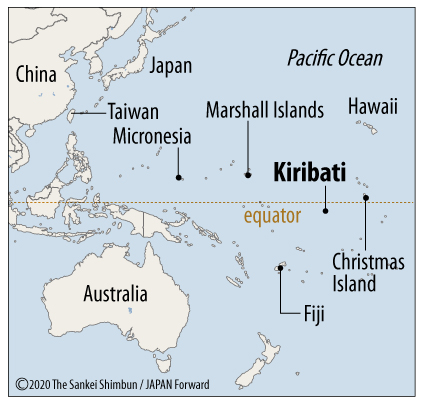


On June 23, the pro-China president of the Republic of Kiribati, Taneti Maamau, was re-elected. Maamau had suddenly switched diplomatic relations from Taiwan to China in September 2019 — news...
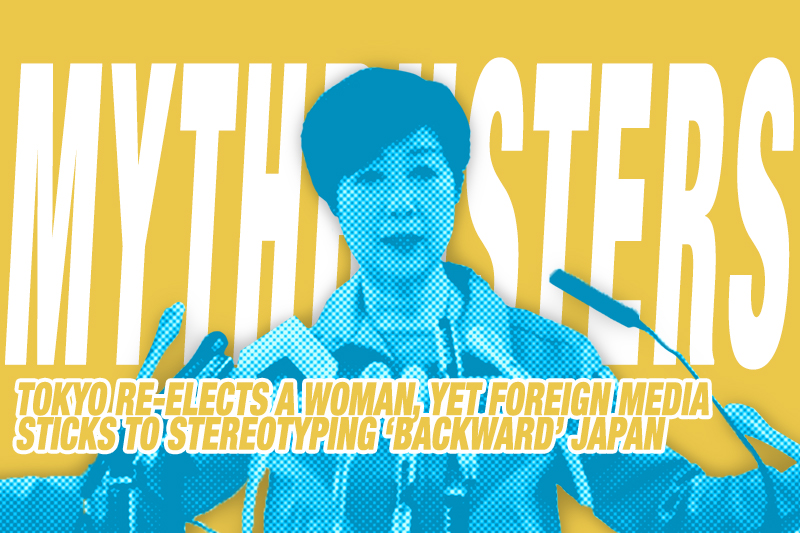


On July 5, Yuriko Koike, the first female governor of Tokyo, won re-election by a wide margin. As widely reported, she received 3,661,371 votes, compared...
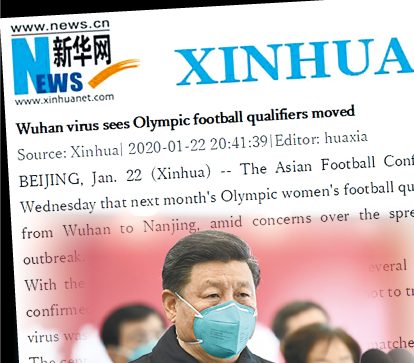


‘Wuhan virus sees Olympic football qualifiers moved — Xinhua’ Consider the above headline used by the official Chinese news agency Xinhua for its original...



The spring and summer months of 2019 have seen a spate of articles about the allegedly high rates of “virginity” among Japanese, especially 40-year-old...



Foreign pundits and journalists occasionally invent stories about Japan. But more typically they take something that has been said by Japanese and exaggerate it to...